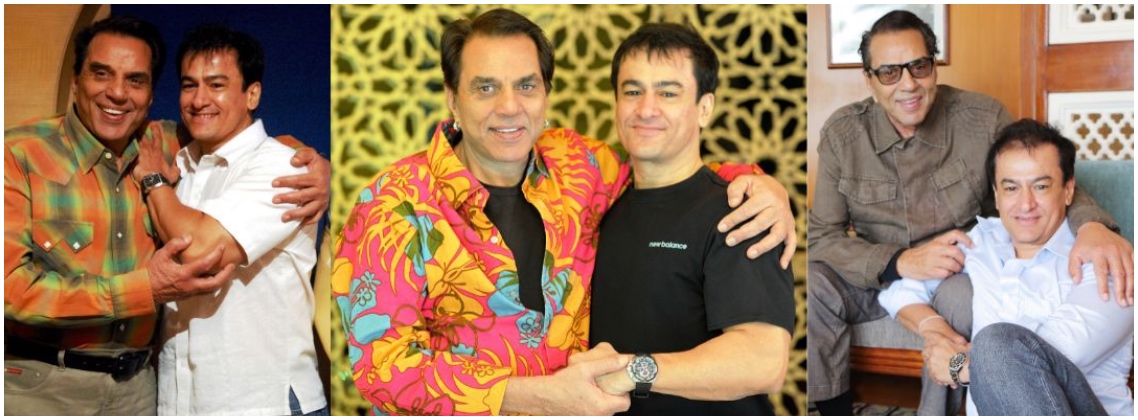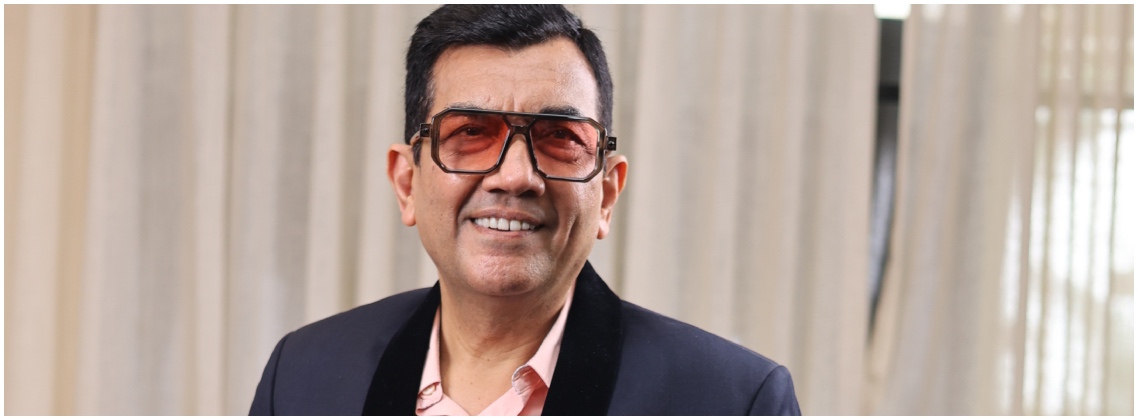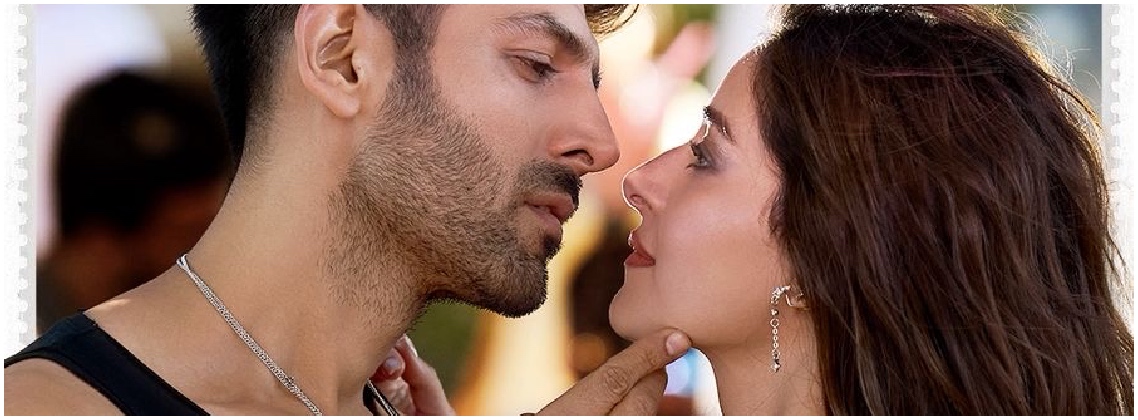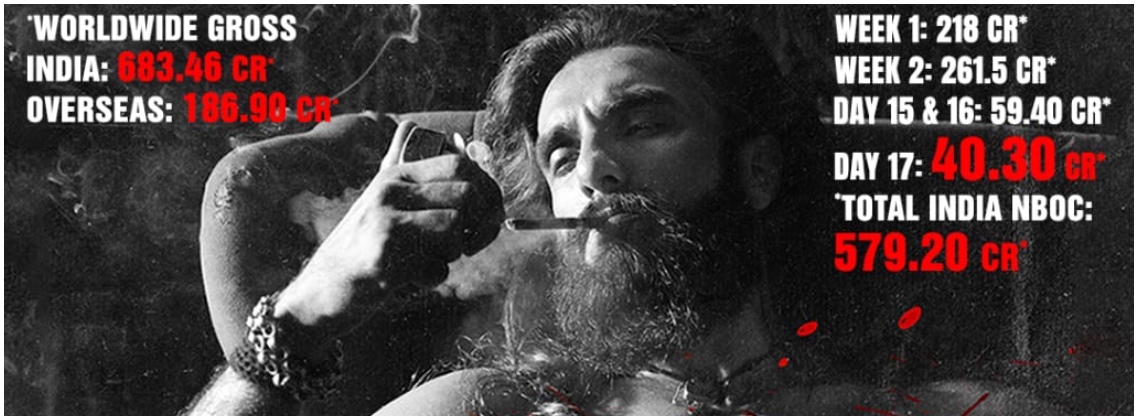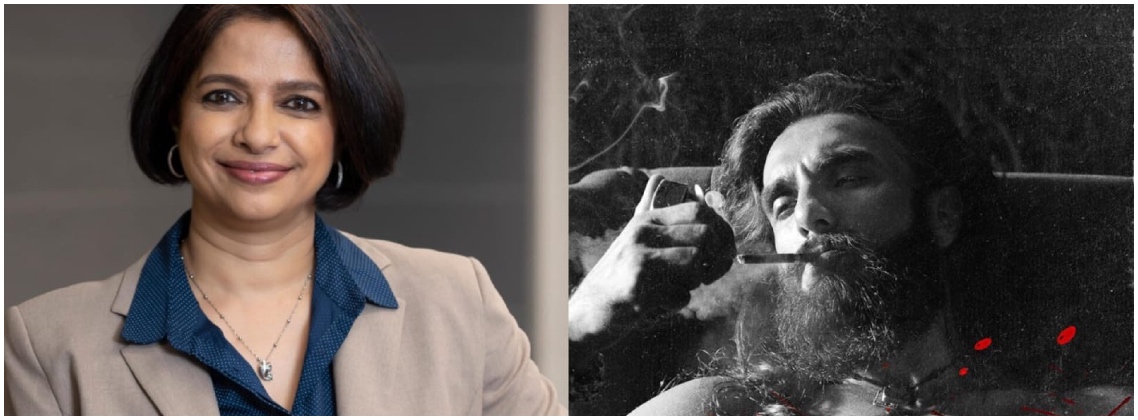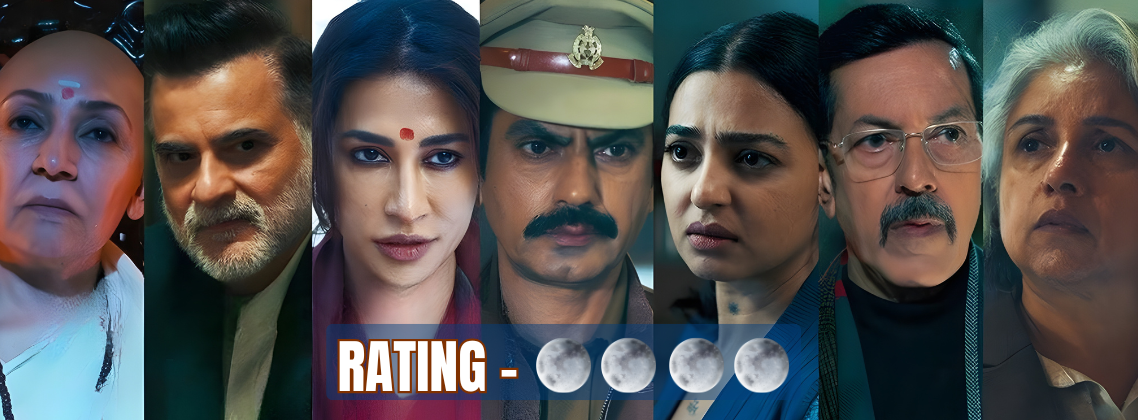After a long wait due to the COVID-19 pandemic, Tanishaa Mukerji's espionage thriller Code Name Abdul is releasing in theatres on December 10. Directed by Eshwar Gunturu, the film is about 4 Counter-Intelligence agents from India's Research and Analysis Wing (RAW) who are on a mission to find a terrorist in New York.
Ahead of Code Name Abdul's release, Tanishaa and Eshwar spoke to PeepingMoon about the film and why it is different from other spy-thrillers made in India. In the exclusive interview, they clarified that Code Name Abdul isn't just another India-Pak conflict film but it has more to it.
Excerpts from the interview:
Eshwar, when did you decide to make Code Name Abdul? How did the idea come to you?
The story has been with me for a long time. I am a fan of thrillers and wanted to make an intense film with elaborate conversations between the characters. Initially, the idea was to make a film based on a hostage situation but then I came up with the idea of a story around a kidnapping. Code Name Abdul is a mix of both.
Tanishaa, tell us a little about your character.
I am excited about my character in Code Name Abdul as I am playing a Muslim girl for the first time. My character’s name is Salma who is Tariq’s sister-in-law. She is kidnapped by the four RAW agents and she is interrogated. It is a strong and interesting character with lots of twists and turns. My most interesting experience was being beaten by these RAW agents.
What prompted you to sign the film?
I loved the script. It is well-written and Eshwar has done a great job with the screenplay. You won’t be able to guess who the culprit is till the last minute. Since I read a lot, I found it even more interesting as I couldn’t figure out the ending. Eshwar had always seen me in glamorous roles and wasn’t convinced that I can do it.
Code Name Abdul was ready in 2017. What caused a 4-year delay?
Tanishaa: I wouldn’t say it was ready in 2017 as we were still dubbing and the post-production work was going on. Anyhow, all films were delayed due to COVID-19. Code Name Abdul took some time to make because of the post-production work. Also, Eshwar was in America and I was in India; he has worked really hard on the film. It wasn’t an easy project to pull off.
Eshwar: The delay was mainly because of COVID-19. We had planned to release the film on April 24, 2020. Now, finally, we are coming to theatres. I wanted a theatrical release for Code Name Abdul because of the genre. Though not a big-budget film, Code Name Abdul has a high thrill element.
India-Pakistan is one of the most sensitive topics. What measures are taken to not hurt the sentiments of the audience?
Eshwar: India-Pakistan relationships are quite sensitive but because we made Code Name Abdul in the US so it is also for a global audience. The film has 3 sets of people. One is RAW, which represents India, ISI represents Pakistan and the third group belongs to those who are affected by these intelligence agencies. There is nothing in the film that will hurt sentiments. It is not about Hindus and Muslims.
Tanishaa: This is a very typical way to look at Code Name Abdul. You need to understand that the film is not about India-Pakistan nor about RAW and ISI. It is about the secularity of our country. It is about nationalism. It is about terrorism and terrorism doesn’t have any country.
Bollywood has multiple spy-thrillers including the Tiger franchise. What sets Code Name Abdul apart? Are you worried about the comparisons that will be drawn?
Eshwar: There were films in the past but what sets Code Name Abdul apart is the interaction between the characters. The portrayal of agents and the situations shown are real. There are no unreal stunts. We didn’t want to glamourise it. Comparisons are inevitable, but after watching Code Name Abdul, people will realise that it is very different. We are delving deeper into how spies react when thrown into unpredictable situations.
Bollywood has very few female spies. Do you think in future, Indian cinema will have more stories on them?
Tanishaa: Of course. There should be more female central characters in Bollywood. I believe many actresses are also doing action films. This is my first action film and I am very excited. The whole idea of cinema is changing. It is no longer about the hero or heroine. It is more about the story, it is about creating multi-dimensional central characters.
Code Name Abdul is clashing with Chandigarh Kare Aashiqui, Velle and web shows like Aranyak and Aarya 2. Is it bothering you?
Tanishaa: Not at all. I think we have enough audience to see everything. This ‘clash’ term is hyped by the media. There is enough space for people to watch all films and for them to do well. Our films are not similar to each other. Code Name Abdul is not similar to Chandigarh Kare Aashiqui, which I am looking forward to. It is a subject we all should go and watch.
Eshwar: Chandigarh Kare Aashiqui and Velle are releasing with Code Name Abdul but their genres are completely different. Code Name Abdul is a thriller and that’s what adds to the USP. Coming to Aranyak and Aarya 2, the common factor is strong female central leads. Viewership-wise, we feel there is no risk. Every project has its own audience and I believe we will hold the fort.
What if Code Name Abdul was made into a web series?
Eshwar: Code Name Abdul can be made into a web series but there is a catch. Spy-thrillers are about counterintelligence and going to another country to get data. Considering such factors, spy-thrillers have to be shot abroad. It has to be a big-budget production but the idea is not bad.
Tanishaa: It is a good suggestion. I hope you guys make it a hit in theatres so that we take it forward and make a web show.
Is the film getting a sequel?
Tanishaa: I think Eshwar has already written a sequel.
Eshwar: Presently, we are trying to concentrate on releasing Code Name Abdul. We want to see how people respond to the film before talking about the sequel.



